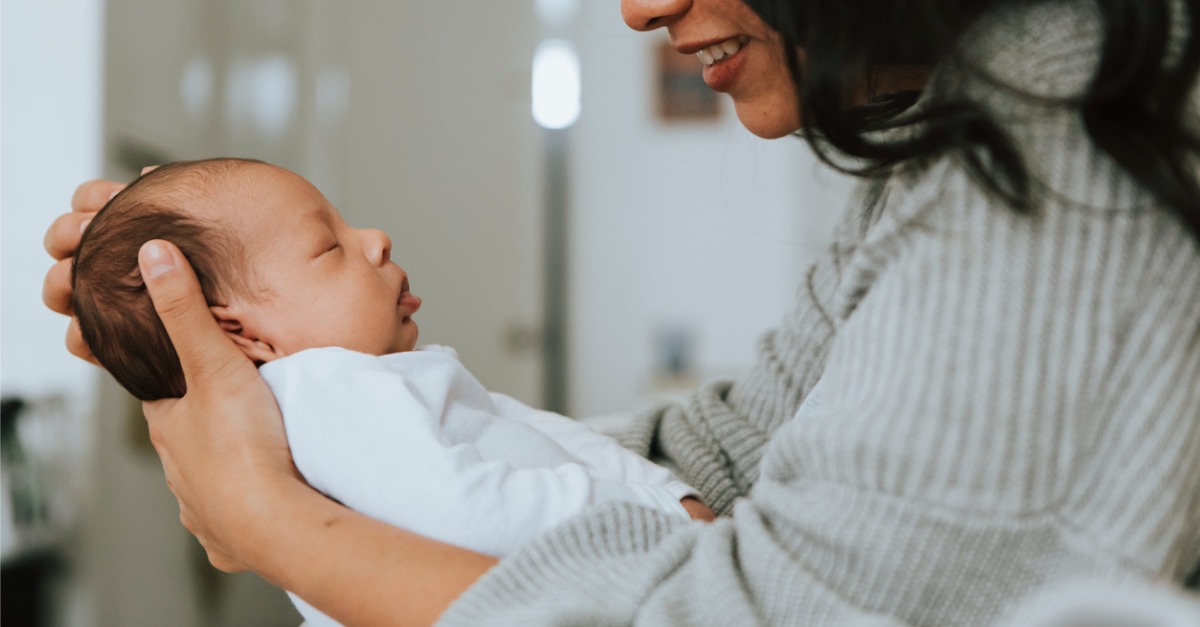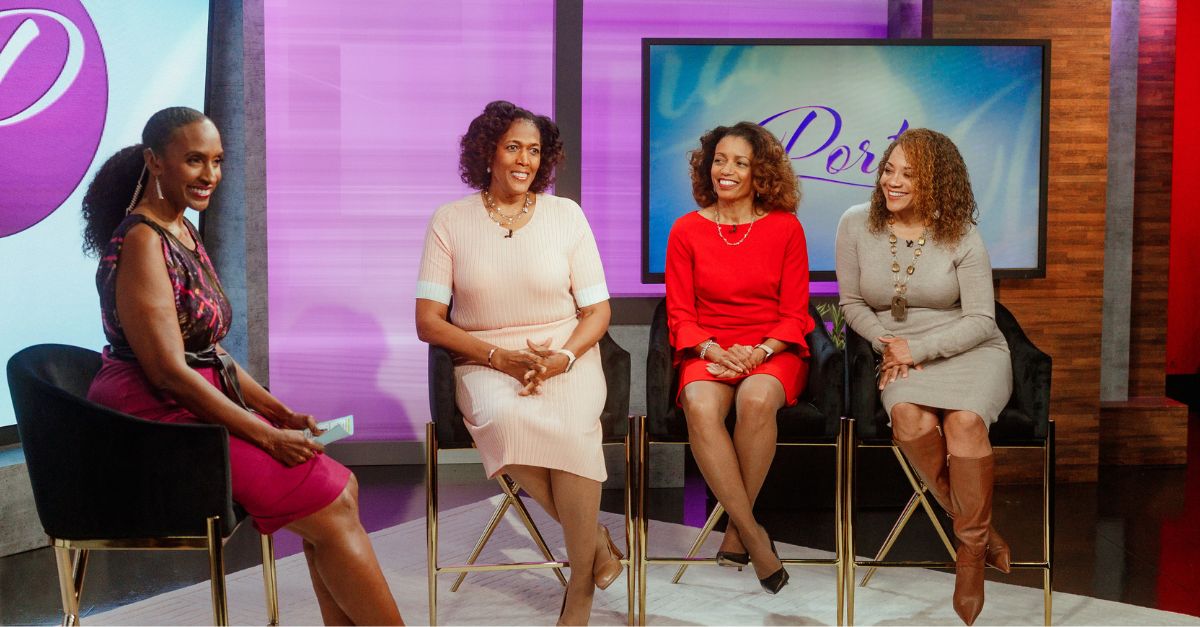Becoming a parent is one of the most significant changes you can experience in a lifetime. While there are many joyous moments you’ll share with your newborn, round-the-clock feedings and long nights with little sleep can be draining. To top it all off, you’re going through hormonal changes which can bring on symptoms both physical and emotional.
You may feel as if you have little time to practice self-care in this stage, but there are still small steps you can take that will have a meaningful impact on your wellness.
Prioritizing Your Physical Recovery
Whether you’ve delivered vaginally or via C-section, your body has undergone a tremendous change after giving birth. From normal postpartum bleeding (known as lochia) to lactation, many aspects of your postpartum body may feel new and unfamiliar. Your care team is here to help you navigate these changes while you’re in the hospital. Once you get home, our assistance is still just a phone call away, but you’ll feel more comfortable if your space is prepared for postpartum recovery.
When it comes to handling lochia and your delicate vulva, at the hospital after delivery, you’ll receive some adult diapers and pads, but it’s a good idea to have some extras at home, too. We also recommend you place a peri bottle in your bathroom to make personal cleanup after using the toilet more comfortable.
For your breasts, you may want to apply soothing gel pads to relieve any discomfort when your milk is coming in. And if you plan to breastfeed or pump, nipple cream can ease chafing, while nursing pads will help keep your clothing dry.
Be extra mindful to follow the provider’s instructions regarding any heavy lifting or physical activity after your delivery, as well. You’ll likely need to avoid these activities for at least six weeks and until you’ve had a postpartum checkup. While getting up and moving around a little each day can help with blood circulation and may support mental wellness, be sure to rest as needed and listen to your body. Even if you start feeling stronger physically, there’s a lot of healing taking place internally — including the large wound in your uterus left behind by the placenta.
Bonding with Your Little One
Bonding with your newborn has countless developmental benefits for them, but it can have a positive impact on new parents, too. Skin-to-skin contact is one simple and effective method that can promote relaxation for both you and your little one. Breastfeeding can also promote bonding, as can bottle feeding, baby wearing, making eye contact, talking, reading, and singing to them.
Adjusting to Motherhood
Becoming a parent is a natural process, in that our species has been doing it since the beginning of humankind. Yet, not everything about it comes naturally. There can be barriers to bonding, from time separated in the NICU, to common breastfeeding challenges. Of course, there’s also a rollercoaster of emotional changes triggered by your sharp drop in pregnancy hormones. This is often attributed to a phenomenon known as the “baby blues,” a series of symptoms like weepiness, anxiety, and other mood changes that occur in the first few days after birth.
Having a strong support system is one way to ease the transition into motherhood. When possible, enlist the help of others so you can at least address your own most basic needs — whether it’s getting a nap, shower, or a hot meal. In time, you’ll begin to reintroduce the hobbies and interests that make you feel like your whole self again. While motherhood is sure to be one of the most meaningful aspects of your life, it won’t always be so all-consuming.
If you’re having any challenges during your postpartum journey, our providers are here to help. Whether there’s a physical symptom you’re experiencing or you’re feeling unlike yourself mentally and emotionally, our team is dedicated to addressing it. Request an appointment online or by calling 770-487-9604.




